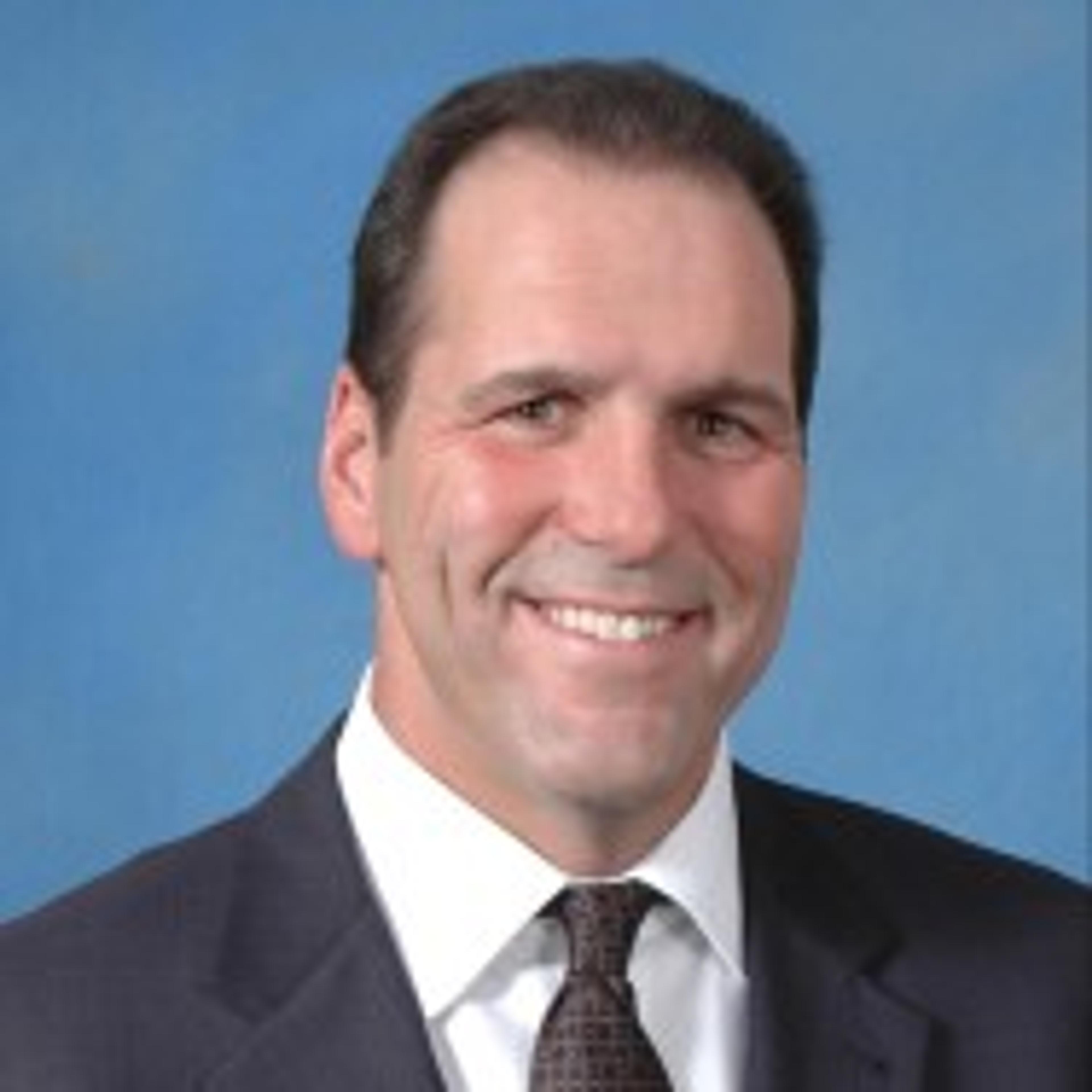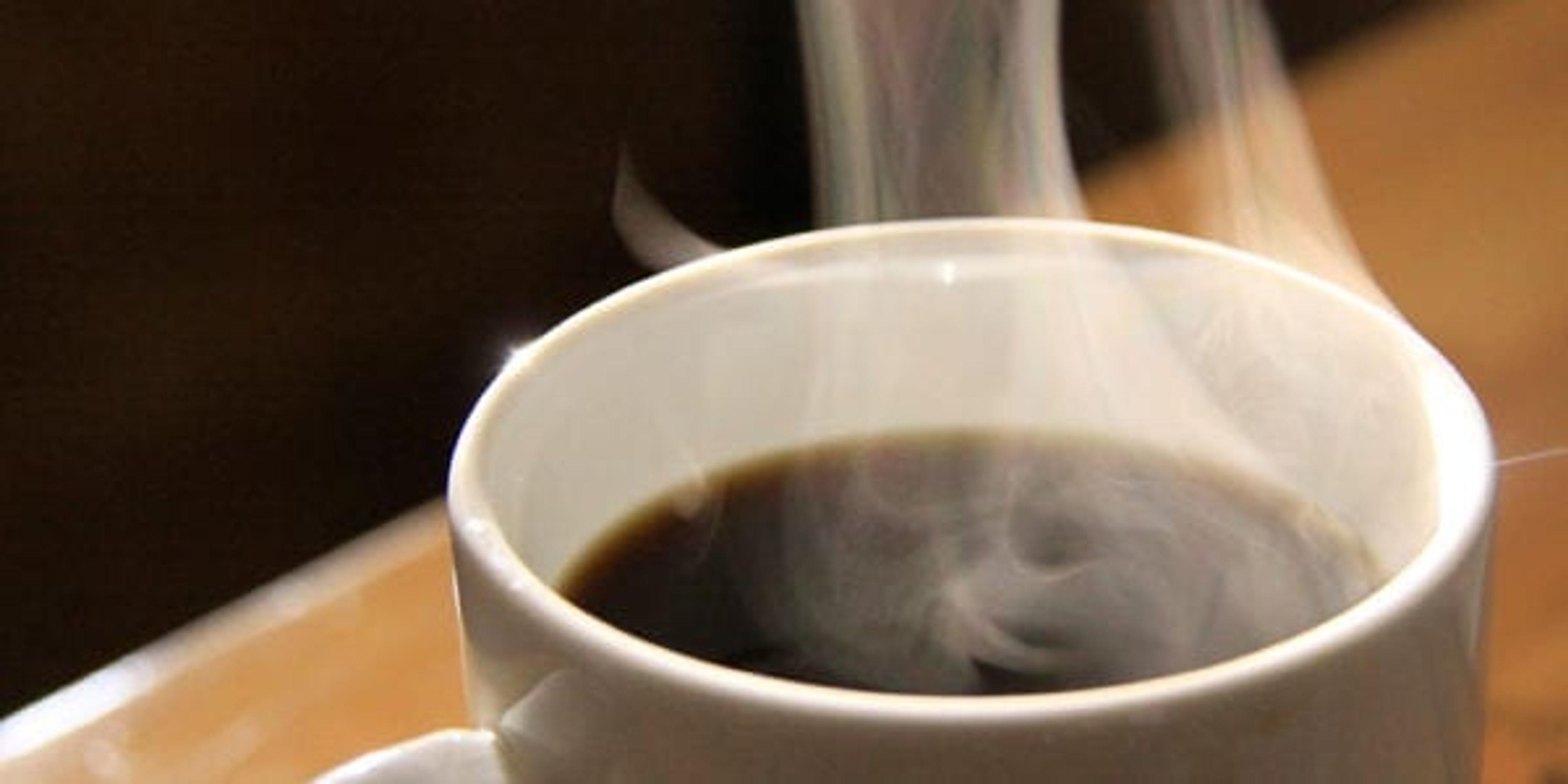How to cut down on coffee in the office

Ken Dallafior
| 2 min read

Do you start your mornings (and your workday) with a cup or two of coffee? Join the crowd.
About 83% of U.S. adults drink coffee, which makes us the world’s No. 1 consumer of this popular beverage. Some 60% of U.S. coffee drinkers claim they need coffee to start the day and, on average, consume more than three 9-ounce cups daily.
The rise in coffee drinking has been fueled in part by a National Cancer Institute study that found older adults who drank coffee — caffeinated or decaffeinated — had a lower risk of death overall than others who did not drink coffee. Other research suggests that coffee consumption is associated with decreased risk of type 2 diabetes, Parkinson’s disease and liver disease. For some people, drinking coffee can help reduce migraine headaches.
But don’t be fooled into thinking that more is better. Although most experts agree that several cups of coffee a day are not harmful to healthy adults, excessive amounts will likely cause all sorts of health problems in many people. These include insomnia, nervousness, restlessness, irritability, stomach upset, rapid heartbeat and muscle tremors.
Though some coffee drinkers will insist otherwise, downing 5-10 cups a day at work won’t you make more alert, smarter or more productive. Researchers at Carnegie Mellon University found that large doses of caffeine raise blood pressure, stimulate the heart, and produce rapid shallow breathing, which deprive the brain of the oxygen needed to keep your thinking calm and rational.
Coffee also is not for everyone. For example, if you have a heart condition, an ulcer or are pregnant, your doctor might recommend eliminating coffee from your diet. If you have borderline or high blood pressure, just a few cups can raise your levels. Caffeine also interacts negatively with certain medications and herbal supplements; your pharmacist can tell you whether coffee could be making them less effective or causing unpleasant side effects.
If you do need to scale back your coffee intake, it’s best not to go “cold turkey,” since sudden caffeine withdrawal can cause irritability, headaches, anxiety and drowsiness. Start slowly by tapering the amount of coffee you drink and don’t have any later in the day. If you have to completely eliminate caffeine from your diet, try decaffeinated coffee instead or switch to other hot beverages, such as herbal teas, or, even better, plain water.
Check out these blogs if you enjoyed this one:
Photo credit: waferboard





